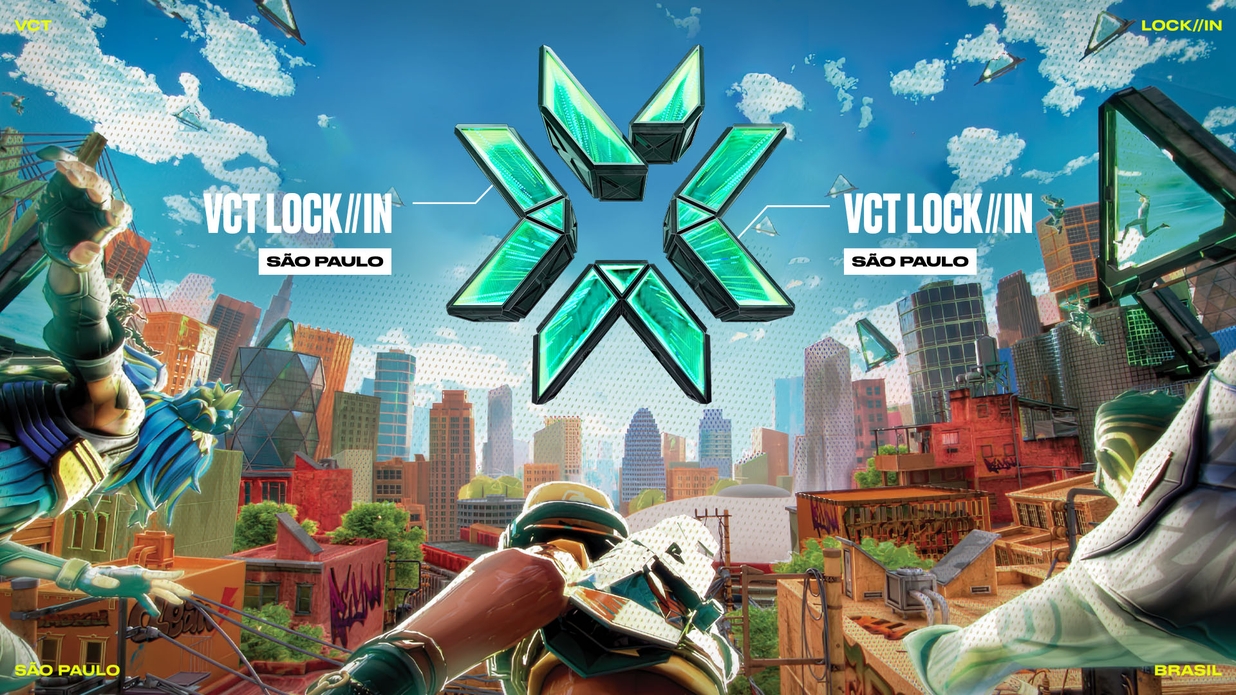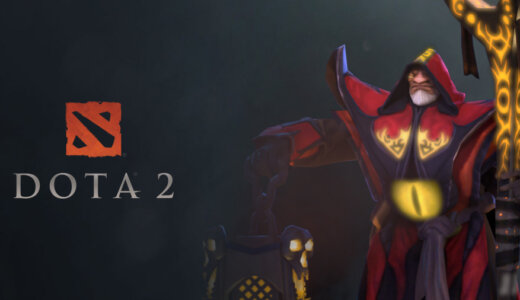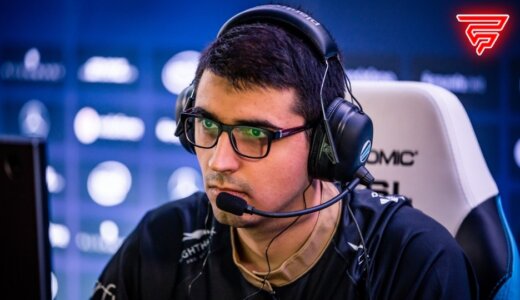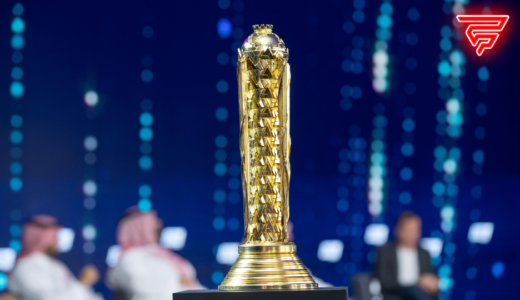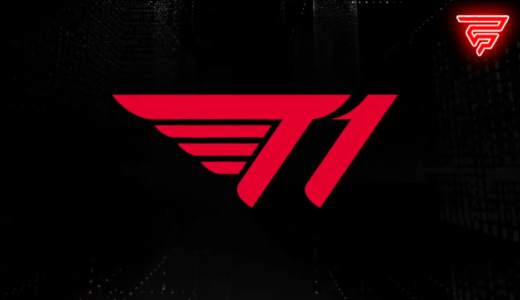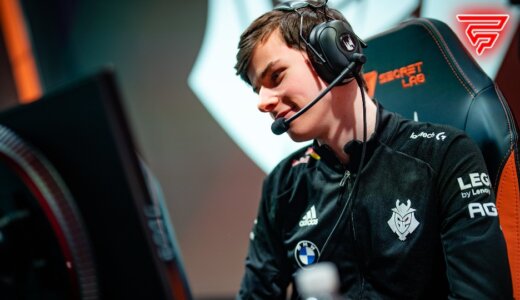Following a long offseason, the wait for the return of top-tier professional Valorant is finally over. The Valorant Champions Tour is set to kick off with the aptly named LOCK/IN tournament lasting from February 13th to March 4th. Set in Brazil, where the reigning world champions LOUD reside, the 30 teams from all three major leagues (Americas, EMEA, and the Pacific), in addition to the two invited teams from China, will compete in a single-elimination bracket to decide the world’s best team for the initial portion of the 2023 season.
Certainly, there is plenty of expectations as to how the teams, which came to be during the offseason on the back of the VCT adopting a partnered league format, will fare when they enter the server. Instead of forecasting their place in the pro-Valorant hierarchy, the time has come to see those teams prove their worth in São Paulo.
However, in light of Riot Games revealing the tournament format for LOCK/IN, there has been a wave of criticism regarding how it will be executed and affect the field of 32. Taking that into consideration, here are the chief complaints revolving around Valorant’s first international LAN of the year.
An all too short stay in Brazil for some
The first thing that struck out to fans when they saw Riot reveal the LOCK/IN format was how it will be comprised in a single-elimination bracket the entire way. In a single-elimination bracket, when a team loses, they’re out. No ifs, ands, or buts about it. It doesn’t matter if a team ends up playing one series even after preparing for months on end by assembling the best possible roster. One loss in São Paulo, without any chance of remedying it, means the end of the line.
Thus, losing particularly in the first round of LOCK/IN will spell a cruel end to the 16 teams that traversed that very trajectory I mentioned and the same will apply in the ensuing rounds. Even if you progress to the round of 16 and lose there, will that mean you underwent a busy event, even if you only played two best-of-three series?
On top of that, the short sample size teams will experience also means fans won’t get a chance to redeem themselves in another international competition until Masters, which will happen in Tokyo, Japan, later on in the year.
Conversely, there’s the argument that in using a single-elimination bracket, teams have greater urgency to play at their absolute best from the jump. To that, I say this: why only get one chance in the first place? The least they can get is have a second match in LOCK/IN just like how teams in past Masters and Champions events played twice before getting eliminated. The bare minimum of that aspect should’ve been considered, right?
Also, think of the perspective of the teams partaking in LOCK/IN: you fly for multiple hours, settle in Brazil after a rather long process of acclimatization, and scrim incessantly all to lose a single best-of-three and go home? Would you be happy with that deal?
Fly to Brazil, have no info on the other team because it’s the first matches with new meta and it’s single elimination. What an absolute shit tournament to kick off the year
— NRG Chet (@chetsingh) January 17, 2023
Scheduling issues
Another significant grievance that emerged out of the LOCK/IN format reveal was its scheduling of matches. There will be two sides of the single-elimination bracket: both named “alpha” and “omega”. Both will house 16 teams in which the winners of each corresponding side faces off in a best-of-five grand finals.
As it turns out, one side will be completed up until its finals (i.e. the LOCK/IN semifinals) before the other side does the same. According to the schedule, the alpha side will go from February 13th to the 19th whereas the beta side will last from February 22nd to the 27th. The overall semifinals and grand finals will then complete the event from March 2nd to the 4th.

Credit: Riot Games

Credit: Riot Games
This, in essence, means that the remaining teams from the alpha side will have the benefit of resting for 10 days before returning to compete in the semifinals. In contrast, the beta teams will have just two days to regroup and play again for the event’s final phase. Moreover, those from the beta side won’t have as much time deciphering and strategizing around their opponents, unlike their adversaries.
As it stands, the schedule gives a limited amount of balance to all the teams striving to win the event on an equal playing field. In what universe is it okay for a team to play again after waiting for more than a full week during a tournament as vast as LOCK/IN? LOUD, in their playoff run to winning the world title in Champions, played four series (three Bo3s and one Bo5) within nine days. For further reference, the most recent FIFA World Cup saw teams play each game within a space of around four to six days from the group stage to the final. The scope of physical effort is different compared to Valorant, sure, but the point remains all the same. Nine days of rest is far too long for any team to have in a prominent tournament.
Our known and loved double-elimination format will be back for Masters Tokyo. With 32 teams, double-elim becomes impractical, unless you want a month and a half-long tournament, so we built a pretty unique and intense format for LOCK//IN.
— Leo Faria (@lhfaria) January 17, 2023
(Leo Faria, Global Head of VALORANT Esports, on why LOCK/IN isn’t using a double-elimination format like past international events)
Was there really no better way to schedule these matches other than the one we’ve been dealt with? How about mixing these matches in a way that fans can see one match from the alpha side and the next from the beta side. That way you won’t have to worry about having teams rest for so long during the event. Or maybe use the swiss format, which was seen in various regional leagues in past seasons, that would have teams play more than one series, a far better outcome than the actual format.
I hear you, more matchups is good. But at some point you start seeing pretty boring matches and stomps. We rather have a hyper competitive tournament where every match matters.
— Leo Faria (@lhfaria) January 17, 2023
And that’s not even considering the negative effect nine days of no competing will do a team in a full-fledged event. One might see them get rusty due to not playing in a match for so long, which could hamper their chances of winning altogether, and in a game that has been predicated on competing in consecutive days, it might as well utterly break them.
I get that flying to Brazil to play one Bo3 sucks, but we don't optimize our formats for teams to have the greatest number of matches. We want a format that's fun and where every match matters. Every decision has a trade-off, for this one we prioritized the fan exp over teams.
— Leo Faria (@lhfaria) January 17, 2023
There have been two times in which a VCT international event saw a single-elimination playoff bracket in its history. The last time was Valorant Champions 2021, where KRÜ Esports famously reached the semifinals and were only upended after a grueling series with Gambit Esports. Under this format, with the importance of playing flawlessly in order to avoid getting eliminated early on hand, LOCK/IN will definitely be an entertaining event for fans to look forward to. But in doing so, there is doubt over whether it’s the right format to use for this particular edition.
Header: Riot Games
